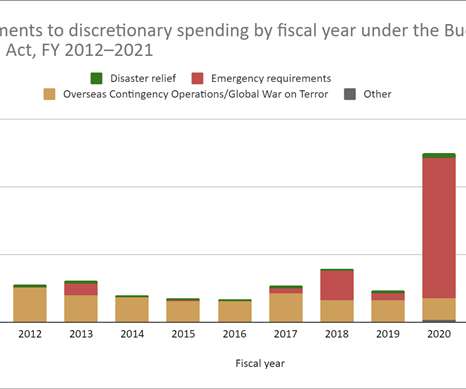Book Review: Case Studies in Disaster Recovery
Recovery Diva
APRIL 12, 2023
This new book is the first released book (volume) of the four-volume series of Disaster and Emergency Management Case Studies in Adaptation and Innovation with three books forthcoming, each representing one of the four phases of disaster management (mitigation/prevention, preparedness, response, recovery).














Let's personalize your content